#PETCARENOTPETBANS
How we relate to the positive list
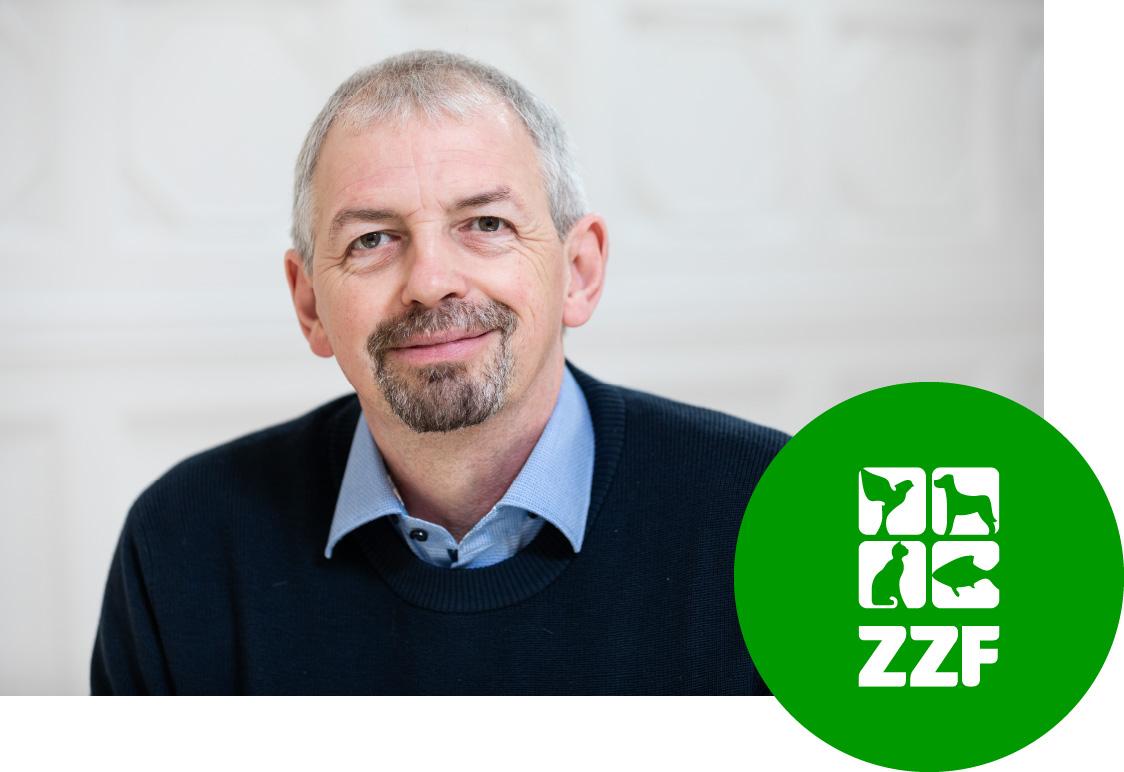
Consider animal welfare when selecting pets / "List for the protection of pets"
The ZZF supports the objective of establishing regulations for more animal welfare in pet keeping, but rejects the so-called positive list as an unsuitable instrument for strengthening animal and species protection for several reasons:
"People in Germany like to live with many different pets. For us, the needs and biology of an animal always take precedence over people's need to keep a particular animal. Not all animals are suitable for keeping in private households. In its "Heidelberg Resolutions", the ZZF has therefore drawn up a list of animals that it does not recommend for keeping as pets. These include, for example, animals for which there is no suitable food or enclosure equipment, or certain poisonous animals. However, we consider it a disproportionate measure to ban pets in principle and to introduce a positive list, which would not lead to more animal welfare in pet keeping. We call on the German federal government to promote the expertise of pet owners with the help of minimum requirements and to introduce a nationwide certificate of expertise for the keeping of certain dangerous animals."
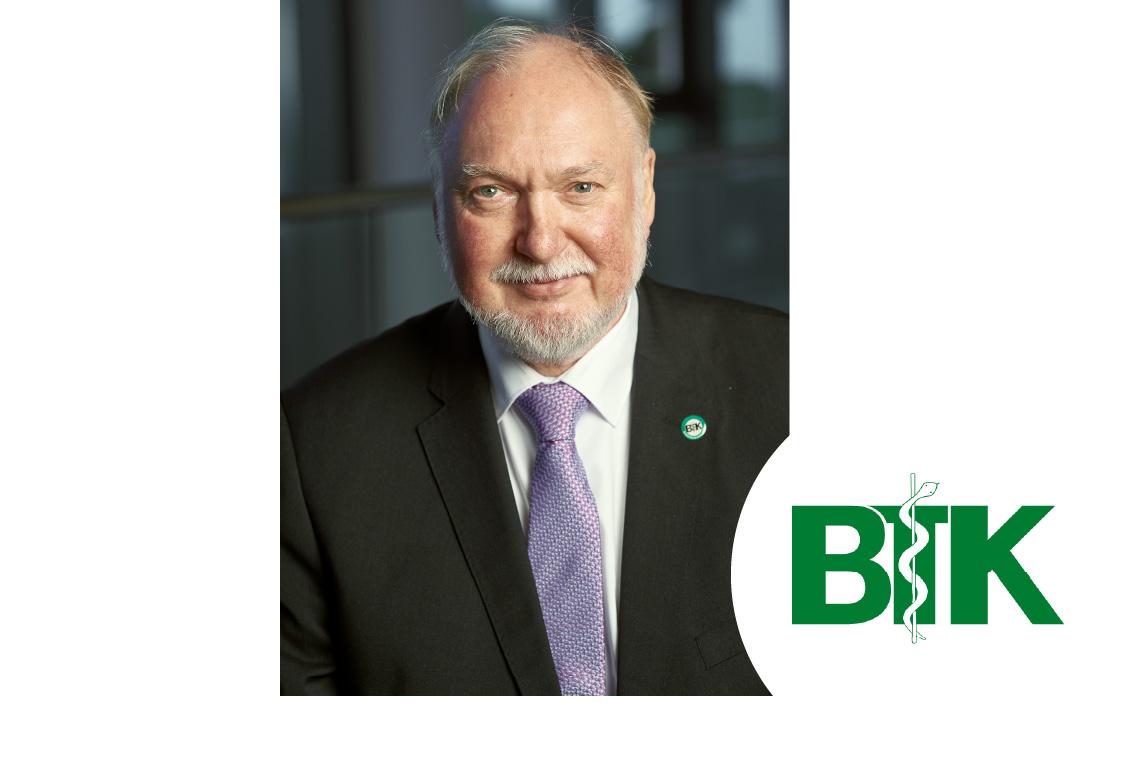
Positive list leads to loss of knowledge
"You only love what you know, and you only protect what you love." (Konrad Lorenz, Nobel Prize winner and pioneering advocate of nature, animal and species conservation)
"The introduction of a positive list would restrict millions of people in Germany in their right to freely develop their personality and at the same time also imply the loss of valuable knowledge created by animal keeping. In addition, other sensible and easily implementable projects for animal welfare would be blocked for a long time, people and their animals would be forced into illegality and animal welfare would be acutely endangered as a result.
In the opinion of the German Veterinary Association, the solution to the problem lies in the acquisition of expertise, because not only the scientific studies, but also general veterinary experience shows that for animals of all species there are both excellent keepings that comply with animal welfare standards and serious animal welfare problems - also and in particular with the domesticated and the supposedly easier to keep, non-domesticated species."

Knowledge protects animals!
What sounds like a truism must be filled with life. But this is not possible with positive lists. The expertise of each individual owner protects the animal, regardless of whether it is a common pet or a so-called exotic. The practice of official veterinary inspections shows that it is precisely the animals that are supposedly easy to keep, such as dogs, cats, rabbits and budgies, that are the species that most often suffer from conditions that are contrary to animal welfare. However, due to their popularity alone, they would be on a positive list. On the other hand, the vast majority of breeders and keepers of so-called exotics, i.e. mainly non-commercial fish, amphibians, reptiles, birds and mammals. These people are usually aware of their responsibility and have the necessary expertise, they participate in conservation breeding programmes and are in active exchange with colleagues in the field. For these species and the breeding programmes, positive lists would be the end. There would be no improvement in the legal situation of the animals kept in German households.
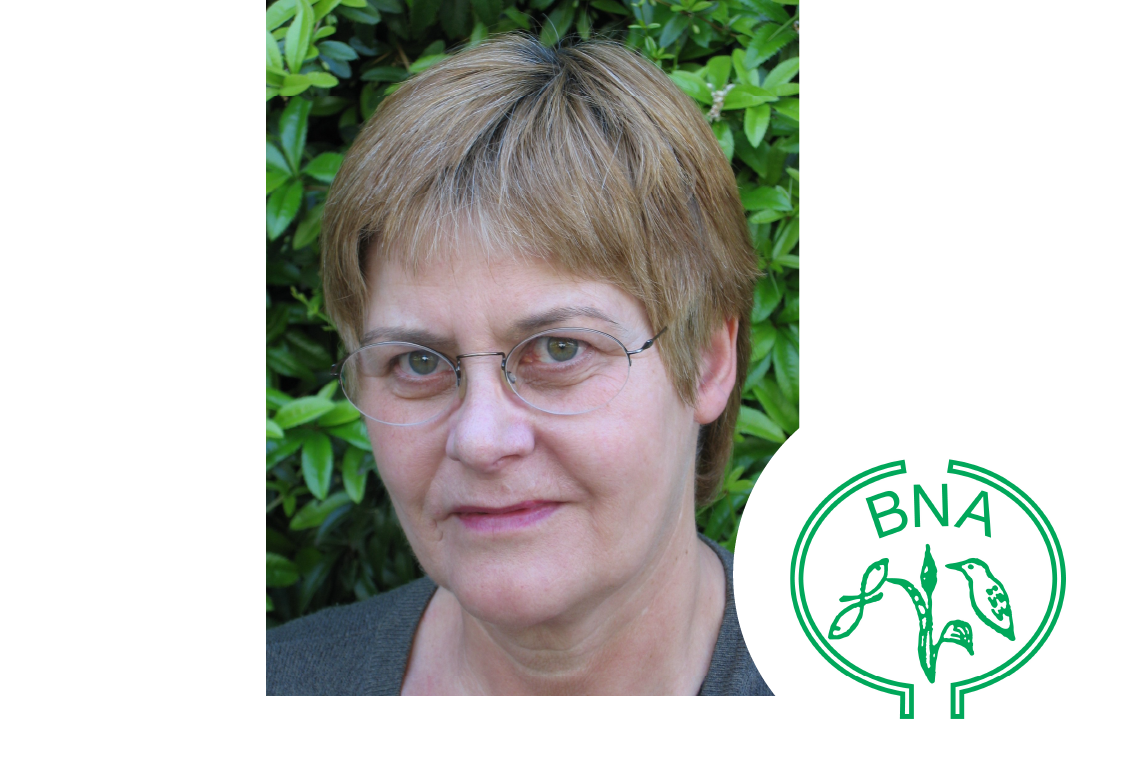
Private keepers have a lot of expertise in keeping animals of wild species
The Bundesverband für fachgerechten Natur-, Tier- und Artenschutz e.V. (BNA) strongly rejects a positive list, as it is neither suitable to improve animal welfare nor species conservation. Many organised private keepers of wild animals often contribute to the conservation of species, also in cooperation with zoological and scientific institutions, with their enormous experience and expertise in keeping animals of wild species. However, many of these species would probably not be on a positive list - with negative consequences for ex situ species conservation. For a real improvement in animal welfare, the BNA advocates accessible expertise information and regular updating of minimum requirements as well as closing structural gaps. In our view, improvements in species conservation can be achieved with a revision of the German Federal Species Protection Ordinance and a nationwide reporting and enforcement system.
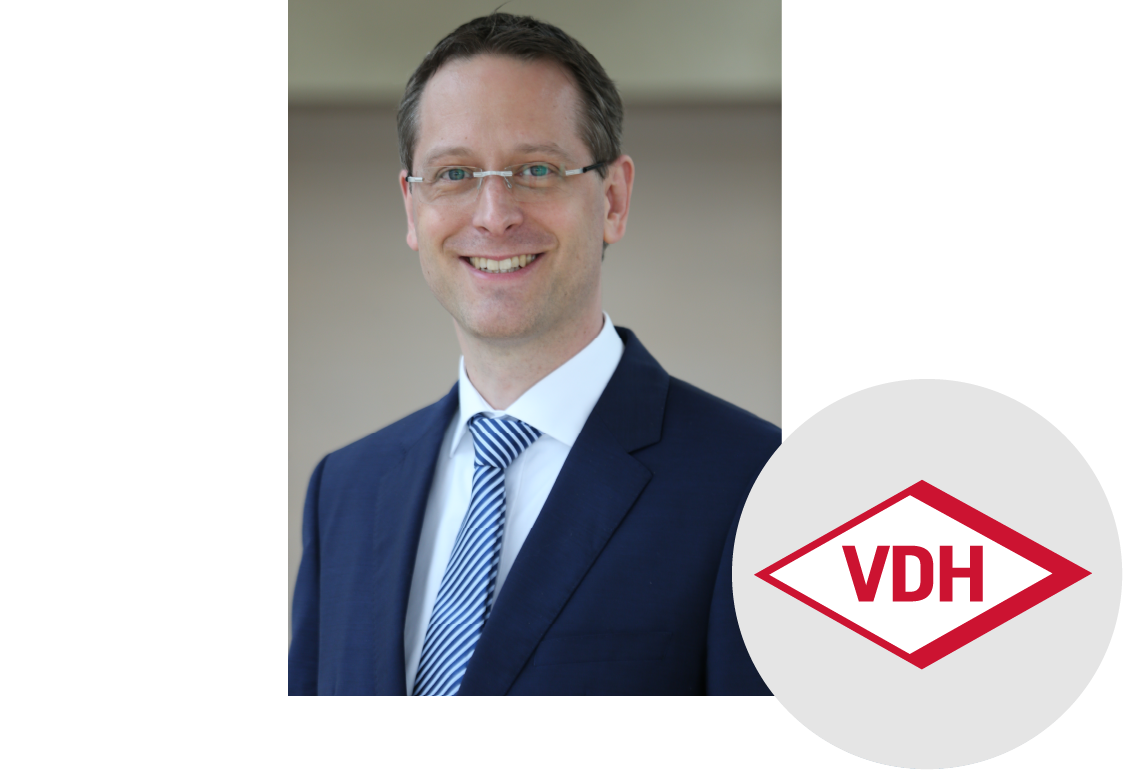
Positive list is a wrong way to improve animal welfare
"The German Kennel Club (VDH) is critical of the introduction of a positive list for pet ownership. As an interest group of dog owners, breeders and sportsmen, the VDH is almost exclusively concerned with the animal species dog, which, as the oldest domesticated animal species in the world, is closely adapted in its behaviour and appearance to living with humans. Even if the dog would not be directly affected by the introduction of a positive list for pet keeping, the proposal to introduce such a list is seen as the wrong way to improve animal welfare in Germany.
In the VDH's view, most of the threats to the welfare of pets today take place outside of public perception, e.g. due to illegal pet trade or profit-oriented animal breeders. The introduction of a positive list bears the risk that pet keeping will take place even more in secret and without any possibility of reasonable control and management. A more efficient measure would be the consistent regulation and control of the online trade in pets, which has long been demanded by the VDH. Specifically related to dogs, mandatory identification and registration for all dogs kept in Germany must finally be introduced as a basis for the effective implementation of existing animal welfare legislation."

The Association of Zoological Gardens stands for quality and expertise
The VdZ rejects general animal keeping bans and permit requirements for keepers who do not trade, keep, breed and care for animals commercially. "Positive lists" or a permit requirement for private keepers deprive knowledgeable citizens of the right to keep animals in a behaviourally appropriate manner and they prevent value-added animal keeping, including keeping for the purpose of conserving endangered species and learning about and appreciating animals in urban societies. Furthermore, such restrictions are not proportionate and encourage illegal animal keeping and purchase. In order to draw up a positive list, a verifiable, scientific procedure would have to be developed for each animal species with regard to the criteria of animal, nature and species protection, invasive potential and zoonosis or health protection. This is utopian. After all, animal keeping in violation of animal welfare is not caused by the species of the animals, but primarily by a lack of expertise on the part of the animal keepers. Strengthening the enforcement of existing laws, broadly expanding the expertise of animal keepers and promoting initiatives such as Citizen Conservation can save species that will never appear on positive lists.

Qualification and experience ensure animal keeping that is appropriate to the needs of animals
The Stiftung Artenschutz considers private animal keeping to be an important contribution to the conservation of biodiversity. For decades, competent private keepers have been contributing to gaining knowledge about the keeping and breeding of threatened species through their expertise. This knowledge is an essential basis for the ex situ conservation breeding of threatened species and would be lost to a large extent for species conservation work by the introduction of a positive list. In many cases, the breeding of threatened species in private keeping secures animal populations and can also help reduce the demand for animal imports from the country of origin. The required expertise should be steadily expanded. It is not the introduction of positive lists, but the qualification and experience of the persons that ensure the keeping of animals in private hands is in line with demand. Illegal keeping and trade of animals must be countered by appropriate measures, especially in the enforcement of the law.
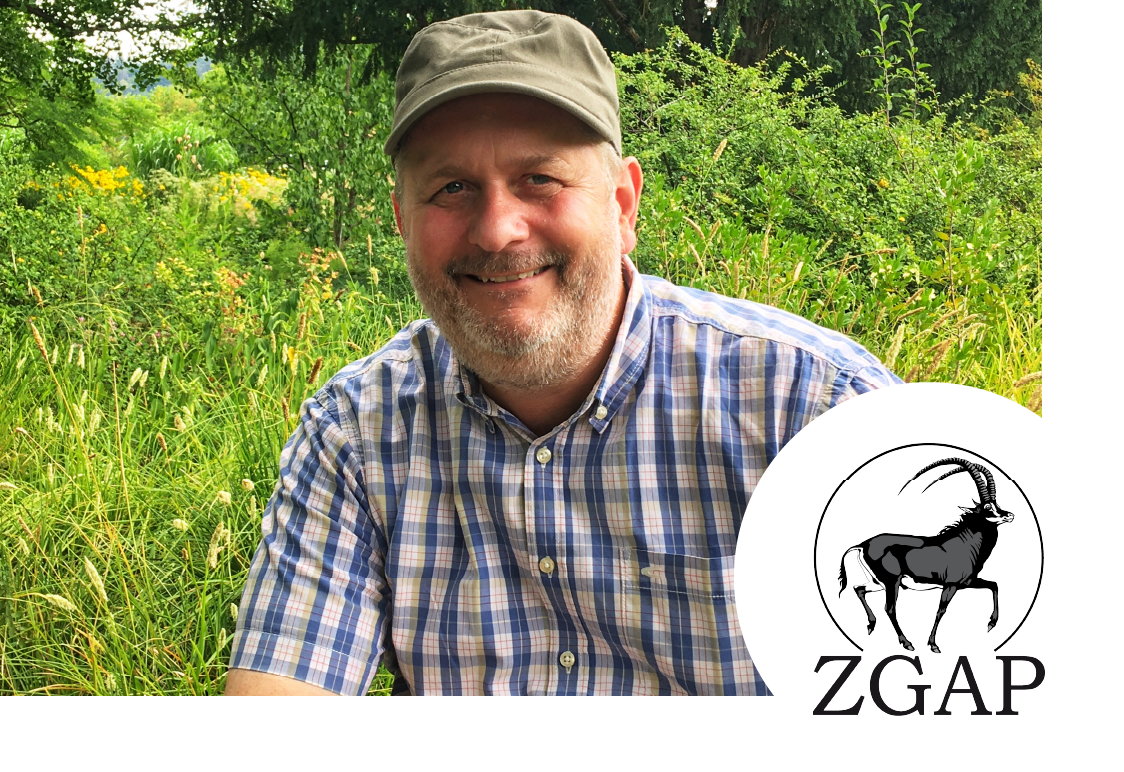
Ex situ species protection is not compatible with a pet ban
"For the Zoological Society for the Protection of Species and Populations (ZGAP), the progressive loss of biodiversity can only be countered by means of the One Plan Approach. This requires targeted ex situ measures, which for many animal groups could not be implemented without the expertise of private pet owners. This expert knowledge is urgently needed for successful species conservation work through conservation breeding and would inevitably be lost in the case of positive lists. We expressly welcome the expansion and continuous adjustments by our partner associations to further advance and promote the expertise of animal keepers. However, we do not see the restrictions associated with positive lists as expedient in view of the biodiversity crisis."
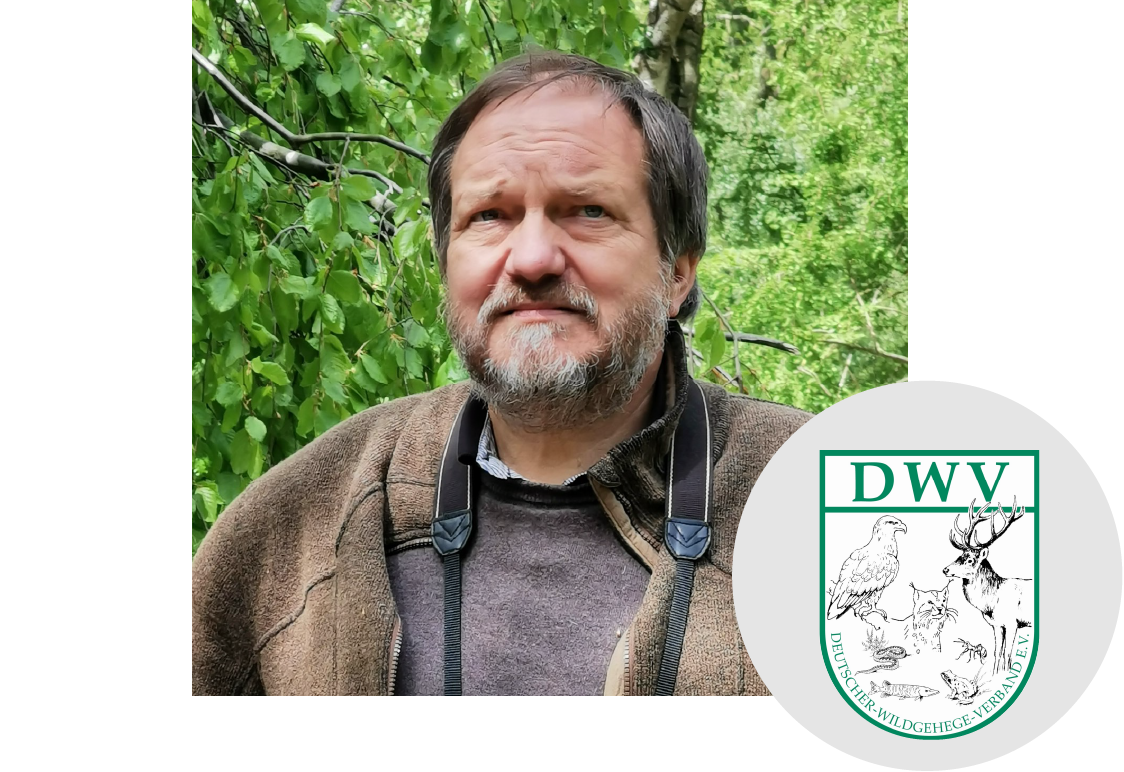
Biodiversity must be lived
"Our society is moving further and further away from nature. Hardly anyone is really aware of what is involved in sustainability and species protection. Ecological interrelationships can only be understood if we live together with our fellow creatures, recognise and accept their needs and are thereby animated to keep educating ourselves in order to find new answers to new questions. Biodiversity must be lived, in human hands it leads to a constant exchange of knowledge among people who are enthusiastic about such diverse species and share their knowledge with others. Positive lists will lead even more to the impoverishment of our way of viewing the world and further narrow our horizon of knowledge.
The German Game Reserve Association e.V. with its unique environmental education campaign lives this enthusiasm and promotes knowledge about ecology and biodiversity. A positive list will considerably constrain all these efforts and is thus unreservedly rejected by us. Those who demand this listing know nothing of our efforts and our successes, all of which are in favour of near-natural animal welfare."
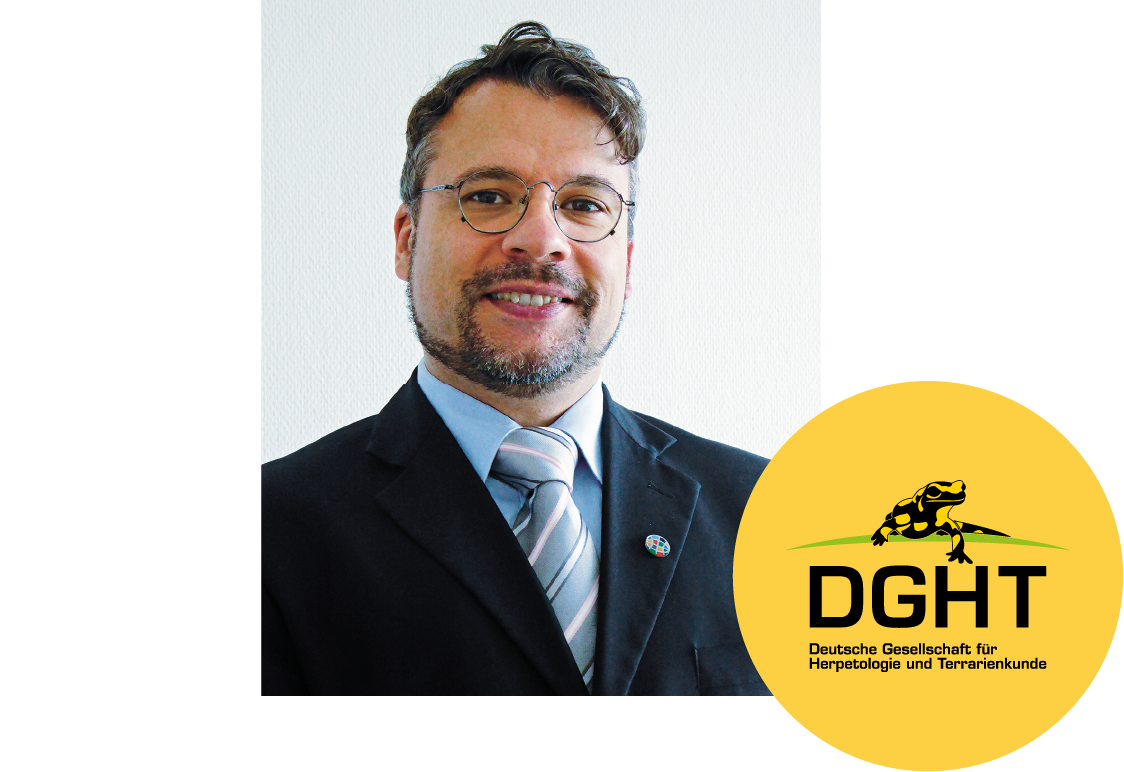
Positive list would not be scientifically justifiable
"In our opinion - as the German Society for Herpetology and Terrarial Science (DGHT) - positive lists for pets are not a suitable instrument for improving animal and/or species protection. A selection of species for such a list would be neither scientifically justifiable nor in any way conducive to animal welfare, which our professional association vehemently advocates. The breeding statistics kept by our working groups for decades with tens of thousands of individuals including demanding species (e.g. food specialists) show that the successful and animal-friendly keeping of a species depends largely on the knowledge and experience of the keepers. The DGHT therefore deliberately focuses on the subject of expertise; for this purpose we offer quality-certified training and examinations nationwide with our partner association VDA. There is no rational argument against keeping a species in private hands for which the appropriate expertise and facilities are available. Positive lists, which would result in a general ban on many animal species, would in particular also stop the advance in knowledge about the biology of countless species promoted by competent private keepers and thus massively hinder the basis for ex situ species conservation breeding."

Conveying expertise knowlegde is crucial
"As the German Association for Aquariums and Terrariums (VDA), we stand united against positive lists. The reason is simple: the positive list is a completely unsuitable regulatory instrument for achieving progress in animal welfare and protection in the pet sector. As an association, we strive to give owners of aquariums, terrariums and garden ponds the best possible support, especially when starting this hobby. Conveying expert knowledge is therefore one of our central areas of work. Through practice-oriented knowledge, many mistakes in keeping can be avoided. However, a positive list does not promote animal welfare in the least (how could it?). It does, however, make it more difficult for the extremely experienced experts among private keepers to carry out the urgently needed conservation breeding projects for endangered species."

Prohibitive lists do not provide added value to animal welfare
"The Association for Species Protection, Bird Keeping and Breeding (AZ) e.V. has for many years been very critical of the recurring attempts to establish a so-called positive list. Such lists do not provide any added value in terms of animal welfare - a sensible regulation on expertise would make much more sense here -, and are counterproductive in terms of species protection and conservation through breeding. In addition, the inclusion of the relevant species on the positive lists will ultimately be very arbitrary.
Bird keeping and breeding, which has been practised for centuries, is based on the principle: "You only protect what you love - you only love what you know" (Konrad Lorenz) and the biological capacity for biophilia developed in the course of human evolution. In the past 100 years, like-minded people found their central cohesion in various associations to exchange their experiences. Most of today's knowledge about keeping, feeding and breeding is based on the experiences of all bird lovers over the entire period. As a result, on the one hand, domesticated breeds with the character of human cultural assets have been created, and on the other hand, the conservation of endangered species in human care has been pursued altruistically.
Based on this tradition, our association and its members are experts in the field and have documented this by breeding more than 1,300 species in the last 20 years. Among them are several species that are highly endangered in their natural habitat."
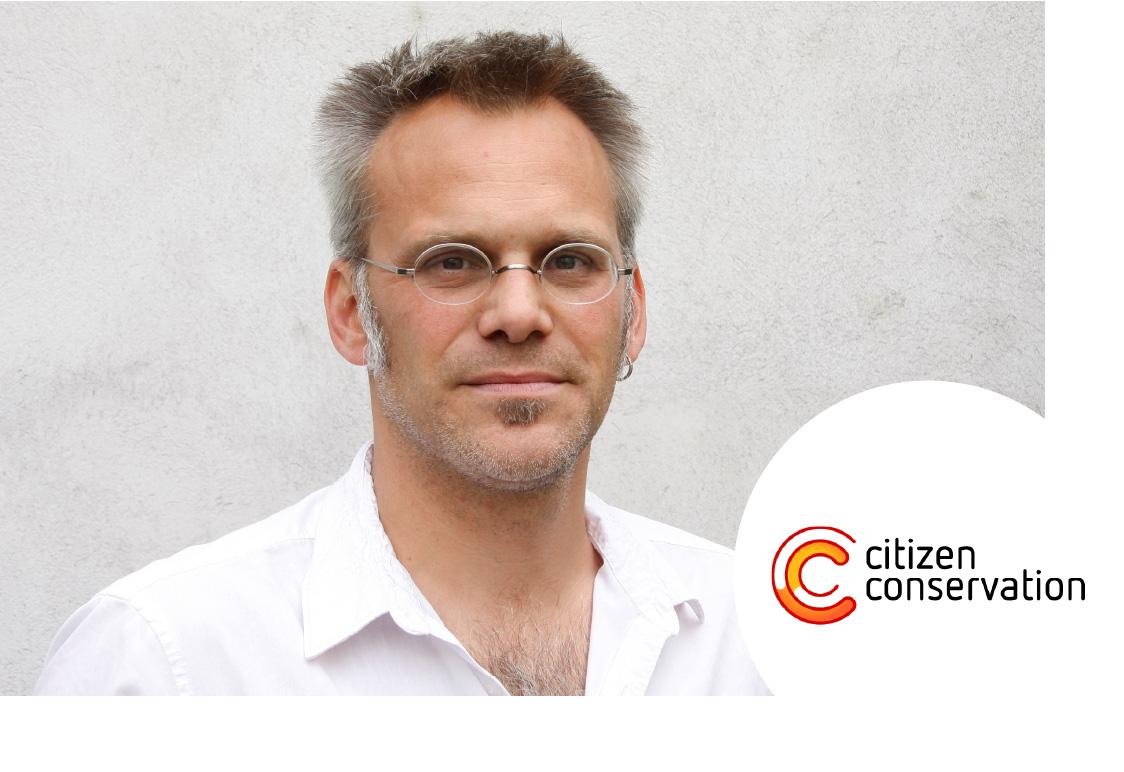
We need not less but more diversity in wildlife keeping
The loss of biodiversity increasingly threatens our human existence. It is no longer a question of crisis prevention, but of mitigating the collapse of ecological systems about which we still know far too little. The transfer of more and more species into human care will play an increasingly important role in generating knowledge, but also quite simply in providing options for the future by preserving species. The required capacities are already not available today, but the demand is increasing exponentially. We do not need fewer expert animal keepers, we need more. Animal keepers, zoos and scientific associations have recognised their responsibility and have begun to create the necessary structures for more transparency, expertise and coordination in wildlife keeping. The introduction of positive lists would drastically reduce our chances of mastering the challenge of species extinction for society as a whole.

Animal welfare through responsible pet ownership
The Industrial Association of Pet Care Producers (IVH) rejects the introduction of a positive list for all pets.
The focus of our efforts is always the well-being and health of the pet. We are convinced that general bans and a legally anchored authorisation of animals for private keeping are not suitable instruments to contribute sustainably to the promotion of animal welfare.
Rather, the aim should be to focus on the conflict-free integration of the pet into the living environment of the pet owners and their surroundings by promoting animal-friendly and responsible pet ownership. This must include ethical and social aspects as well as those of animal welfare and animal-friendly keeping and nutrition. The products of our member companies offer all the prerequisites for this.
A central role should also be played by professionally based information that enables animal owners to acquire and use the necessary knowledge about the requirements and needs of their animals.
The IVH and its member companies support animal owners with a wide range of professionally baseed and practically relevant information. Together with the trade, the veterinary profession, a large number of professional associations and in constant exchange with science, we contribute to the fact that pet owners today can inform themselves simply, understandably and on a scientifically proven basis about all relevant aspects of animal-friendly keeping of all pets.